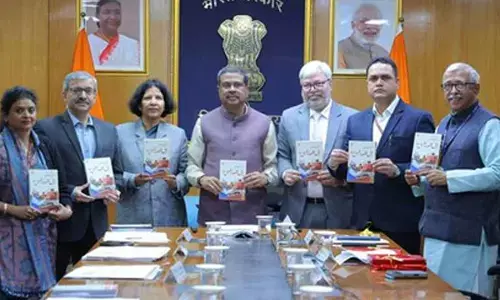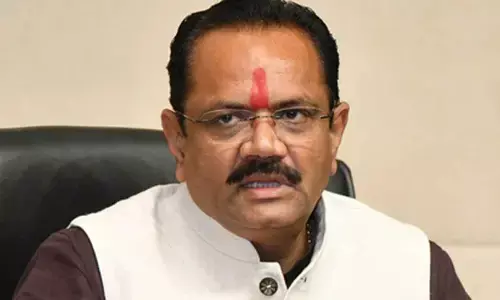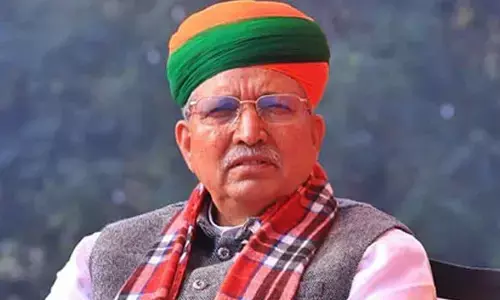Personal computers instrumental in closing skill gap: Intel India

Personal Computers (PCs) are instrumental in closing the skill gap and achieving universal digital literacy in the country, Intel India said on Thursday.
Personal Computers (PCs) are instrumental in closing the skill gap and achieving universal digital literacy in the country, Intel India said on Thursday. Releasing an impact assessment report on its "Ek Kadam Unnati Ki Aur" initiative, Intel India said personal computing is also crucial to India's growth as a knowledge economy.
"Ek kadam Unnati ki Aur" is an initiative by Intel to extend the government of India's vision to take digitisation to the grassroots level. "The growing skills gap in India is estimated to create a deficit of more than 25 crore workers by 2022. This implies an urgent need to create knowledge workers, and technology can help accelerate this process," Debjani Ghosh, Managing Director, Intel South Asia, told reporters here.
"An isolated smartphone-based strategy won't cut it, which is why we urge the government to additionally look at the other technology choices available, to ensure that we move from content consumption to content creation," Ghosh added. There is a seven per cent proportionate increase of using a PC with regard to smartphones for job search and healthcare information, both of which are critical to India's economic development, the report noted.
While the smartphone has been a gateway to on-board first-time technology users in India, the PC has emerged as the preferred interface for content creation, skill development and accessing information related to government, education, healthcare and employment. Intel has collaborated with nearly 20 organisations, across the public and private sector, to build the relevance of personal computing.
"100 Unnati Kendras, serving as common access digital learning centres for local citizens, were inaugurated earlier this year, to deliver content and training across the three broad areas of education, entrepreneurship and innovation," Ghosh noted.
Identifying the challenges to PC adoption in non-urban India, the report cited that the lack of local language interfaces as a key barrier to PC acceptance, highlighting the need to create relevant vernacular content.
"In addition, over a quarter of the potential consumers cited the inability to afford PCs as a reason to not make the one-time investment in a PC, necessitating the availability of soft loans through easy micro-financing options," the report noted.














